Nearly 40 new tenure-track faculty members will join the College of Liberal Arts and Sciences (CLAS) this academic year. Their research interests range from environmental and climate justice to understanding how sociocultural factors influence health care access. They will also explore nonprofit management, high performance computing, quantum and precision metrology, and political theory.
Get to know these stellar scholars and educators.
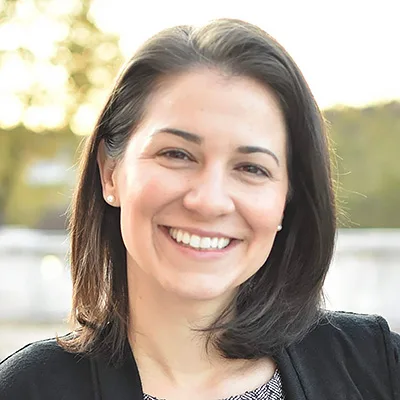
Mary Beth Allen joins the Department of Literatures, Cultures, and Languages as an assistant professor. Her research centers on 17th and 18th century French and Mediterranean Studies, especially diplomacy and cross-cultural encounters. She’s currently working on a book titled “Diplomacy and Culture in the Early Modern Mediterranean: Mouley Ismaël’s Marriage Proposal for a Daughter of Louis XIV.” She teaches courses on French and Francophone language, culture, and history. Allen was born and raised in Oklahoma, where she earned a bachelor’s degree in international and area studies, as well as bachelor’s and master’s degrees in French. She earned her doctoral degree in French at the University of Virginia, and she taught at Smith College before joining the faculty at UConn.
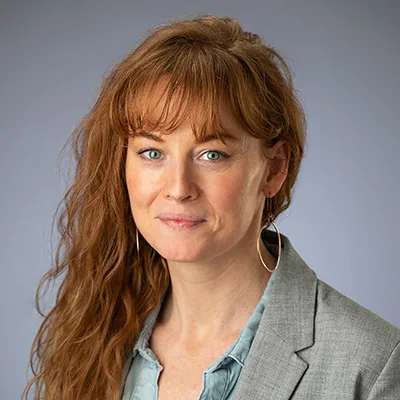



April Anson joins the Department of English as an assistant professor. She works in the environmental humanities, Indigenous and American studies, and political theory. Anson comes to UConn from her position as assistant professor of public humanities at San Diego State University and Mellon Postdoctoral Fellow at the University of Pennsylvania. Anson is a co-founder of the Anti-Creep Climate Collective and co-author of Against the Ecofascist Creep. Her other work has appeared in boundary2, Resilience, Environmental History, Western American Literature, and others. She is fiercely committed to anti-racist and anti-colonial knowledge production and social movements.
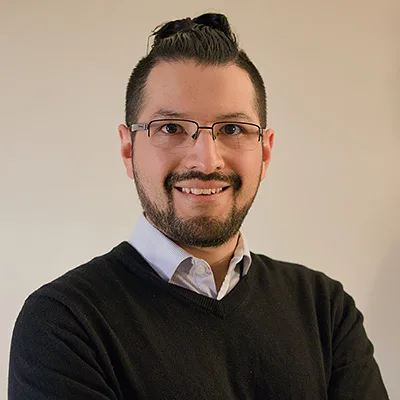



David Mitre Becerril joins the School of Public Policy as an assistant professor. He earned his doctoral degree in criminology at the University of Pennsylvania. Becerril’s research interests lie in understanding how place-based interventions affect public safety and the role financial incentives play in deterring criminal behavior. His research attempts to understand the conditions under which private and public community investments are promising solutions to crime and violence, and to examine the mechanisms driving such changes. Born and raised in Mexico City, before graduate school, he worked at the Mexican census bureau’s public safety and justice unit and a government research agency.
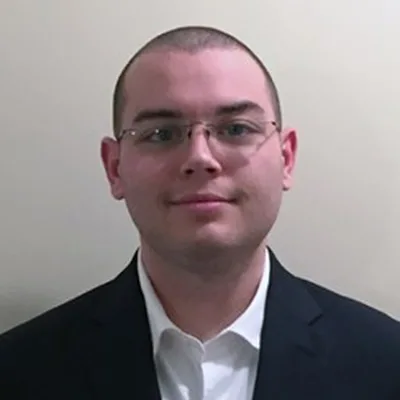



Jason Byers joins the Department of Political Science as an assistant professor. He obtained his doctoral degree in political science from the University of Georgia and his bachelor’s degrees in political science and history from the College of Charleston. Prior to joining UConn, he was a postdoctoral fellow at Duke University in the Social Science Research Institute. His research examines American political institutions, congressional elections, representation, data science, and quantitative methods. More specifically, his research is focused on better understanding how institutional factors impact the relationship between the legislative and executive branches of the U.S. government, as well as how both institutional and electoral factors influence congressional elections from the perspective of both the candidates and voters.
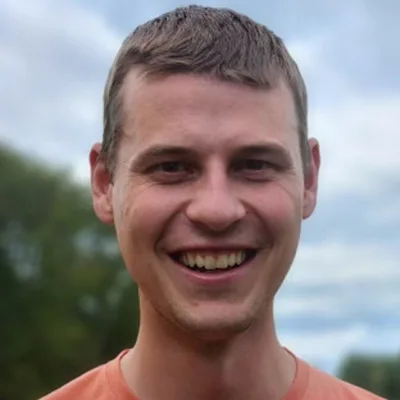



Russell Callahan joins the Department of Earth Sciences as an assistant professor. He received his bachelor’s degree in environmental science from Montana State University and his doctoral degree in geology from the University of Wyoming. Prior to joining UConn, he was a postdoctoral scholar at the University of California – Santa Cruz. Callahan’s research quantifies how the thickness and properties of weathered rock and soil vary across landscapes. His work has important implications for understanding the resilience of forest and water resources to a changing climate.
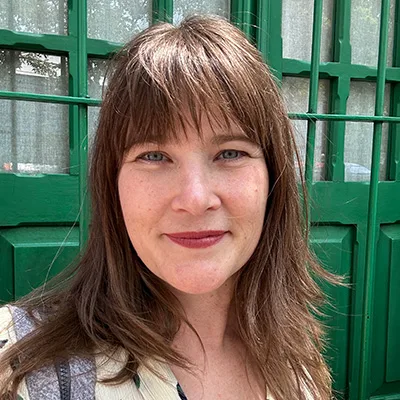



Julie Choffel joins the Department of English as an assistant professor at UConn Hartford. Choffel is a poet whose work plays with contemporary feminist and ecopoetics. She is the recipient of the Poets Out Loud Prize from Fordham University Press and holds a Master of Fine Arts degree from the University of Massachusetts. Choffel recently served as the Poet Laureate of West Hartford and as an adjunct faculty member in Storrs, where she won a Center for Excellence in Teaching and Learning Outstanding Adjunct Award.
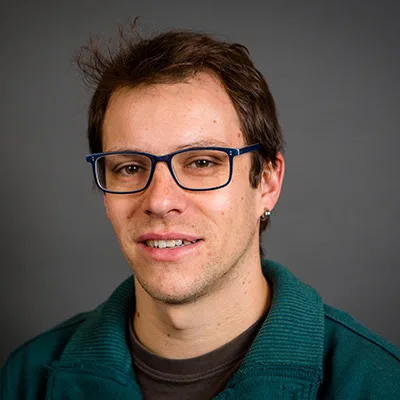



Simone Colombo joins the Department of Physics as an assistant professor. Originally from Switzerland, he studied and earned his doctoral degree in physics at the University of Fribourg. Colombo moved to the U.S. to join the Massachusetts Institute of Technology (MIT) as a recipient of the Early Postdoc Mobility fellowship from the Swiss National Science Foundation. In 2022, he was appointed as a research assistant at MIT. He was selected as a national finalist of “Ma Thèse en 180 secondes” in Quebec. Colombo’s research interests include atomic, molecular, and optical physics, and its applications to quantum and precision metrology, ultracold atoms, and quantum simulation.
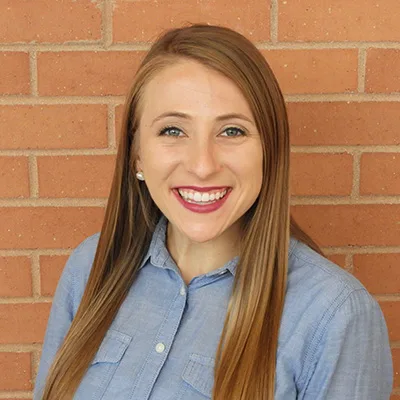



Amanda Cooper joins the Department of Communication as an assistant professor. She completed her doctoral degree in communication at the University of Arizona. Cooper is interested in the role of communication in helping individuals and families navigate transitions and challenges across the lifespan. Much of her work has focused on changes in family relationships following a diagnosis with Alzheimer’s disease or other forms of dementia. Through her work, Cooper hopes to promote individual and relational well-being for families facing difficult end-of-life transitions. She is particularly committed to collaborating with local communities to improve the lives of individuals and families.
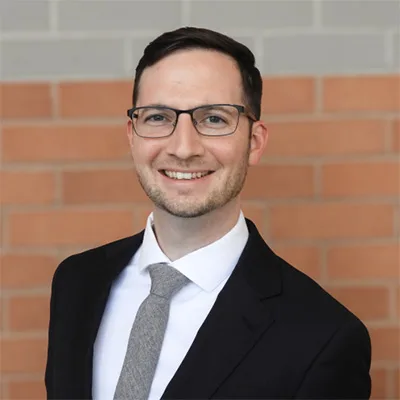



Spencer Cooper joins the Department of Economics as an assistant professor. He obtained his doctoral degree in economics from the University of Arizona. He is broadly interested in the intersection of criminal law and economics. His research has specifically focused on how policy, procedure, and prosecutor incentives impact racial disparities in sentencing outcomes. In his dissertation, Cooper investigates the degree to which mandatory minimum sentencing for federal drug crimes disproportionately impacts racial minorities, and whether changing prosecutor incentives may decrease these disparities in sentence lengths. He is also interested in topics of public safety, law enforcement, and the relationship between the criminal justice system and labor markets.
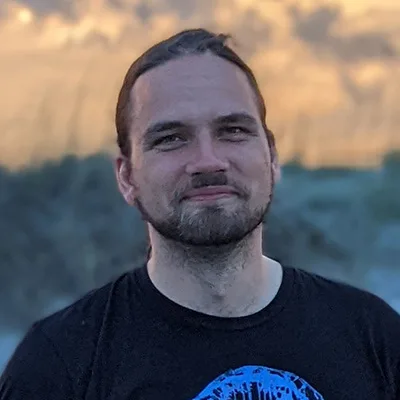



Andrius Dagilis joins the Department of Ecology and Evolutionary Biology as an assistant professor. He is a population geneticist who investigates how populations turn into different species, and the kinds of evolution that happen along the way. He obtained his doctoral degree in ecology, evolution, and behavior from the University of Texas, where he studied speciation, sex chromosomes, and the evolution of the structure of the genome. Most recently, he has been looking at the population genomics of flies and fungi as a postdoctoral fellow at the University of North Carolina. He works on developing new theoretical models, analyzing genomic data, and synthesizing results from across the tree of life to ask how genetic interactions can sometimes make pairs of genes act as barriers to hybridization, while enabling genes to spread between species at other times.
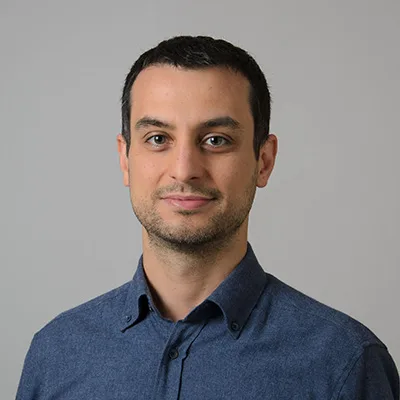



Salih Emre Gercek joins the Department of Political Science as an assistant professor. His research interests and work are in the history of political thought and democratic theory, with a particular attention to themes of equality, participation, and political economy. Gercek is currently working on a book project that explores how the idea of democracy emerged and evolved in 19th century European political thought as a solution to the problems of poverty, social inequality, and social conflict. He received his doctoral degree from Northwestern University and will be teaching political science courses at UConn Hartford.
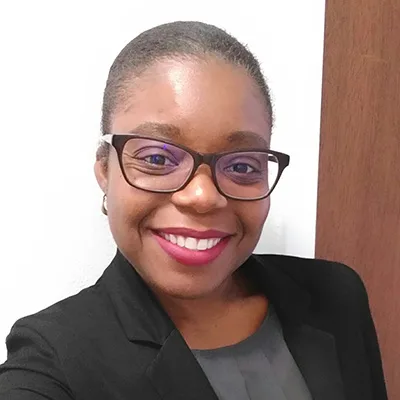



Christal Hamilton joins the School of Public Policy as an assistant professor. Her research focuses on the impact of socioeconomic inequality on vulnerable groups and the role of public policy in reducing existing socioeconomic disparities or increasing social mobility. She is particularly interested in young adults and immigrants. In recent projects, Hamilton examined the changing economic wellbeing of young adults and experiences of poverty around the birth of a child. She has also conducted research evaluating the impact of the extended Child Tax Credit and Medicaid expansion. Christal received her doctoral degree in public affairs from the University of Missouri.
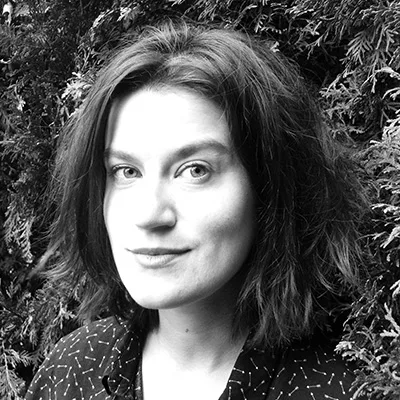



Anna Horakova joins the Department of Literatures, Cultures, and Languages as an assistant professor. Horakova holds bachelor’s and master’s degrees from the University of Oxford, a doctoral degree from Cornell University, and conducted part of her doctoral research at the Humboldt University of Berlin. She was a postdoctoral Harvard College Fellow in the Department of Germanic Languages and Literatures at Harvard University and has taught at several universities and colleges in the U.S. and France. Her research and teaching focus on Cold War-era and contemporary German-speaking literatures and cultures, with specific focus on East German literature in the transnational and post-Soviet context. She is also a project researcher at the Getty Research Institute where she is currently involved in a planned exhibition series.
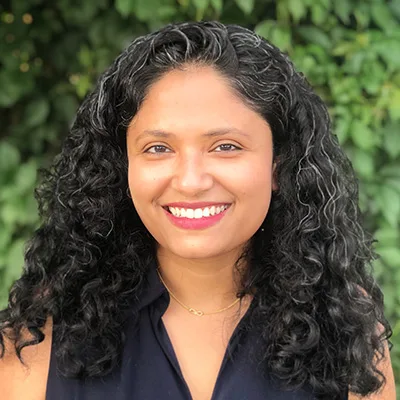



Najnin Islam joins the Department of English as an assistant professor. Her research focuses on postemancipation labor economies in the Anglophone Caribbean and the Indian Ocean world. Her current project seeks to understand how different modes of social differentiation, such as race and caste, were mobilized to shape colonial capitalism in the transition from slavery to indentureship in British plantation colonies from the 19th century onwards. She is looking forward to bringing this research and her training in literary and historical methods to students at UConn. Prior to joining UConn, she was assistant professor of English at Colorado College. She received her doctoral degree from the University of Pennsylvania.
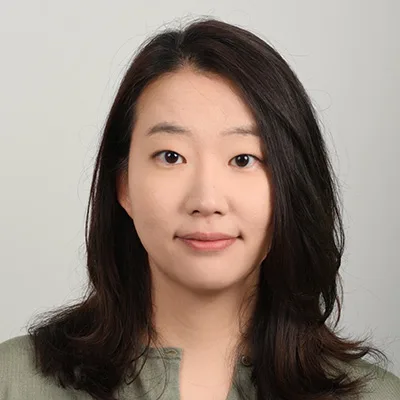



Harim Kim joins the Department of Economics as an assistant professor. She received her doctoral degree in economics from the University of Michigan. Her research fields are industrial organization and energy and environmental economics, and her recent work studies competition and energy transition in the wholesale electricity market. Prior to joining UConn, she worked as a postdoctoral researcher at the University of Mannheim and as a tenure-track associate professor at the Norwegian School of Economics.
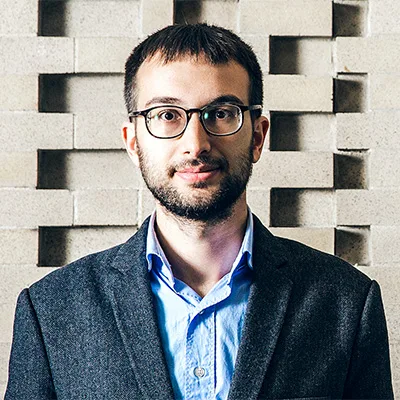



Raphael Koenig joins the Department of Literatures, Cultures, and Languages as an assistant professor. Coming from the University of Toulouse II, he will focus on French and francophone studies. Koenig has held the Leonard A. Lauder Fellowship in Modern Art at the Metropolitan Museum of Art and received his doctoral degree in comparative literature from Harvard University. He holds bachelor’s and master’s degrees from the Sorbonne and the École normale supérieure in Paris. His recent publications include “Portals: The Visionary Architecture of Paul Goesch” and the edited volume “Art Brut: An Unclassifiable Object?”
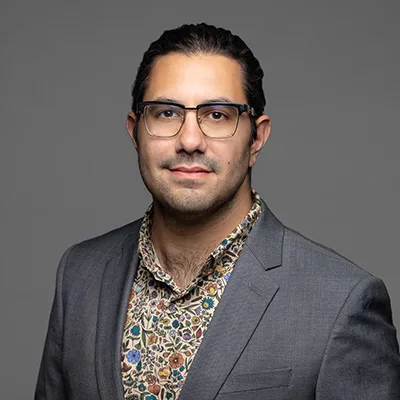



Kevin Ferreira van Leer joins the Department of Human Development and Family Sciences as an assistant professor. He examines the educational and cultural contexts that promote positive development and liberation for Latine immigrant families. His current research includes examining the culturally bound decision-making process of choosing early childhood education settings for Latine migrant families as well as investigating how structural factors, such as state variation in social policy exclusions, and community assets are associated with immigrant family wellbeing. An action researcher, he has been sought out to support educational institutions in addressing the ways that policy and practice create and perpetuate inequity for people of color.
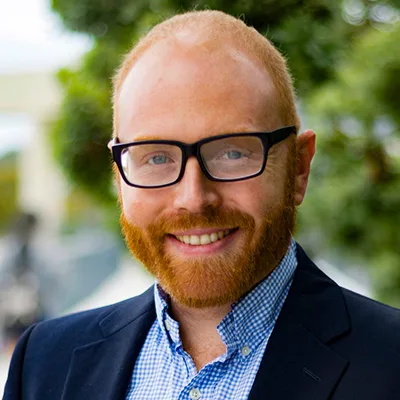



Remy Levin joins the Department of Economics as an assistant professor. He is a behavioral and environmental economist whose research focuses on understanding how individual risk preferences are formed, and how they are affected by experiences such as macroeconomic fluctuations and climate change. Born in Israel, Levin received his bachelor’s degrees in economics and mathematics from Western Washington University, and his doctoral degree in economics from the University of California – San Diego. Before becoming an economist, he spent years as a long-distance backpacker and park ranger, completing the triple crown of American long-distance hiking, and hiking the entirety of the Great Himalaya Trail in Nepal.
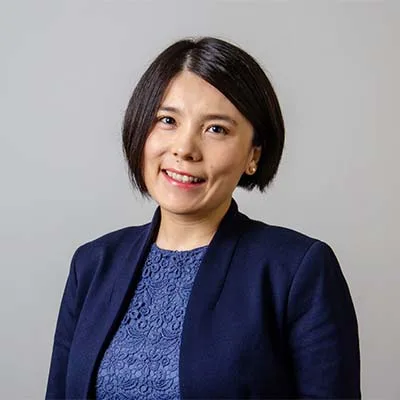



Zexin “Marsha” Ma joins the Department of Communication as an assistant professor. Ma conducts research at the intersection of health communication, persuasion, and media psychology. She is particularly interested in understanding the processing and persuasive effects of health narratives. Her current projects include developing and testing the effectiveness of narrative pictorial warning labels to communicate health risks, determining the impact of emerging media (e.g., VR, AR) on narrative influence, and identifying the role of narratives in countering misinformation. Ma has published more than 30 peer-reviewed journal articles and currently serves as the principal investigator on an NIH-funded project on alcohol and cancer communication.
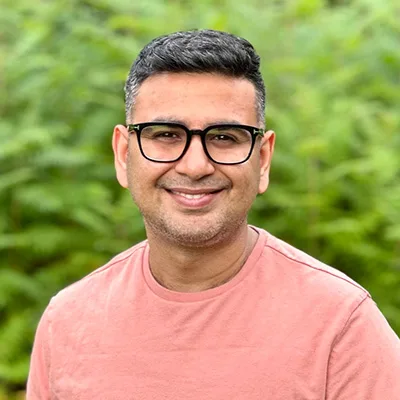



Akshay Maggu joins the Department of Speech, Language, and Hearing Sciences as an assistant professor. In his research program, he investigates the effect of short-term (e.g., auditory training) and long-term (e.g., language) auditory experiences on typical and atypical central auditory nervous systems. At UConn, Maggu directs the Auditory Perception and Neuroscience Lab with a long-term goal of developing efficacious tools for screening, diagnostics, and intervention for auditory disorders. Maggu obtained his postdoctoral fellowships at the Kresge Hearing Research Institute at the University of Michigan Medical School and at the Center for Cognitive Neuroscience at Duke University. He obtained his doctoral degree at the Chinese University of Hong Kong. He also possesses international clinical experience working as an audiologist.




Beatriz Aldana Marquez joins the Department of Sociology as an assistant professor. Originally from Nezahualcoyotl, Mexico, she grew up in Millerton, New York, a small farm town near the state line of Connecticut and Massachusetts. She spent ten years in Texas conducting research on Latin American immigrant communities and the impact of ICE immigration detention. As a former undocumented Mexican immigrant, Marquez is passionate about immigrant rights and social justice reforms. Her published works center on Latino sociology, immigration and deportation, and critical race theory.
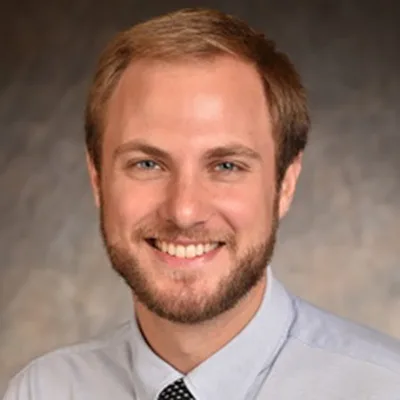



Joshua L. Mayer joins the Department of Anthropology as an assistant professor. He is a political anthropologist whose research examines the relationships between settler colonialism, capitalism, imperialism, and Afro-Indigenous territorial governance in Latin America. Mayer has conducted community-collaborative, ethnographic research alongside the Rama and Kriol peoples of southeastern Nicaragua. His current project examines joint Indigenous and Black diasporic territory-building efforts amid settler colonial extraction and dispossession in Nicaragua. Mayer earned his doctoral degree from the University of California – Los Angeles, and has received funding from the National Science Foundation, Social Science Research Council, and the Fulbright Program.
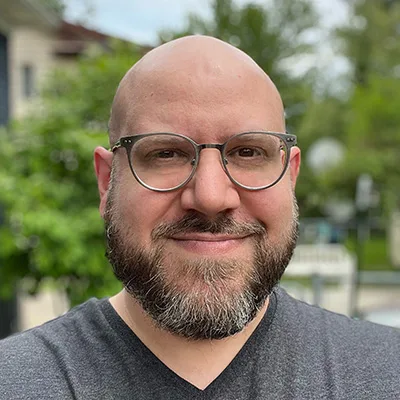



Yonatan S. Miller joins the Department of Literatures, Cultures and Languages as an assistant professor. He was most recently the Philip Markowicz Endowed Assistant Professor of Judaism and Jewish Biblical Studies and the director of the Center for Religious Understanding at the University of Toledo. He holds master’s and doctoral degrees in ancient Judaism from Harvard University and is interested broadly in the first millennium of Jewish biblical interpretation, with specific interests in post-destruction literature on the Israelite priesthood as well as the history of the modern study of ancient Judaism. He is currently working on a monograph titled “Rewriting Priestly Authority in Late Antiquity.”
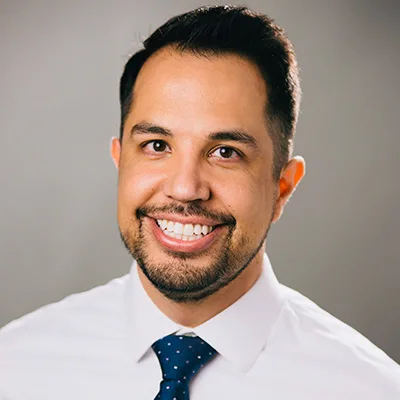



Raymond L. Moody joins the Department of Human Development and Family Sciences as an assistant professor. His research examines the impact of social and psychological stress on substance use and sexual behavior among sexual and gender minorities. His current projects examine the impacts of substance use on sexual behavior and adherence to HIV prevention strategies in the context of intersecting stressors. He earned his doctoral degree in clinical psychology from The Graduate Center of the City University of New York. His dissertation was funded by an R36 grant from the National Institute on Drug Abuse and focused on executive attention and emotion regulation as mediating mechanisms linking syndemic conditions and HIV transmission risk behavior among sexual minority men. He completed his postdoctoral fellowship at Columbia University.
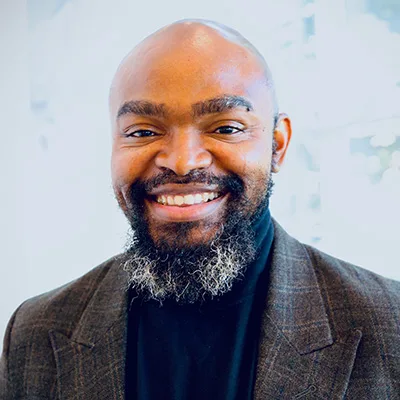



Candi Nwakasi joins the Department of Human Development and Family Sciences as an assistant professor. His background includes undergraduate training in biochemistry and graduate training in public health and social gerontology. His previous work experience before joining academia spanned medical, pharmaceutical, and non-profit sectors. He is a co-founder of Black in Gerontology and Geriatrics (BIGG), an organization that works to amplify the voices and efforts of Black people in the field of aging. He serves on the board of PACE-RI, and the editorial board of Journal of Aging Studies. With a focus on aging disadvantaged populations, Nwakasi’s research includes cancer survivorship, cognitive decline and caregiving, and sociocultural factors influencing health care access.
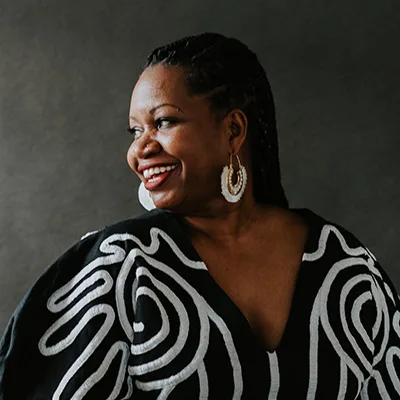



Deirdre Cooper Owens joins the Department of History as an associate professor. She is a scholar of the 19th century in U.S. slavery, medicine, and race and is a popular public speaker and noted reproductive justice advocate. Cooper Owens joins UConn from the University of Nebraska where she headed the Humanities in Medicine program and the Library Company of Philadelphia where she served as the director of the program in African American history. Cooper Owens is the author of an award-winning book, “Medical Bondage: Race, Gender and the Origins of American Gynecology.” She is currently working on a monograph about the history of the C-section and writing a biography of Harriet Tubman focusing on her life through the lens of disability.
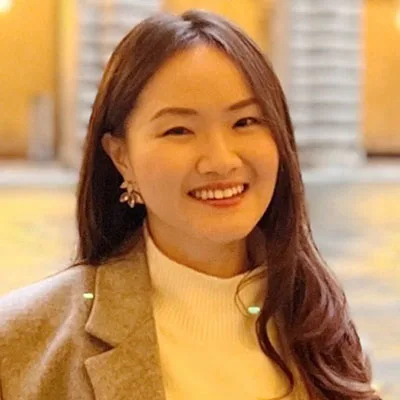



Yoo Min Park joins the Department of Geography as assistant professor. Her research focuses on understanding health disparities, environmental justice, and environmental exposure using geographic information systems and community engagement approaches. She earned a doctoral degree in geography from the University of Illinois at Urbana-Champaign. Her dissertation was recognized with the Jacques May Prize from the American Association of Geographers as the best dissertation addressing themes in health/medical geography. Her work has been supported by the National Science Foundation, National Institute of Environmental Health Sciences of the National Institutes of Health, and American Association of Geographers. Prior to joining UConn, she was an assistant professor in the Department of Geography, Planning, and Environment at East Carolina University.
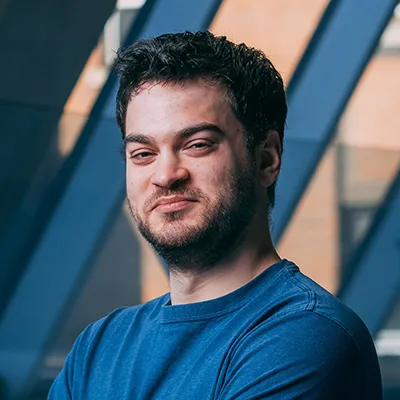



Scott Rich will join the Department of Physiology and Neurobiology as an assistant professor in January 2024. Rich performed his postdoctoral research in Toronto, first at the Krembil Brain Institute and later at the SickKids Research Institute. He earned his doctoral degree in applied and interdisciplinary mathematics from the University of Michigan and his bachelor’s degree from Duke University. As a computational neuroscientist, Rich combines his mathematical expertise and training under a diverse group of neuroscientists into a distinctly interdisciplinary research program. His lab aims to elucidate the role of the brain’s heterogeneity in driving the reliability and consistency of functionally relevant neuronal dynamics.
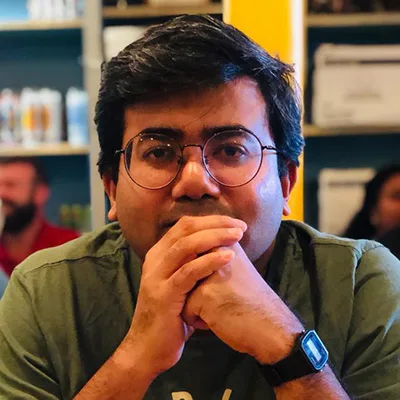



Sayantan Saha Roy joins the Department of Anthropology as an assistant professor. He is a legal and political anthropologist broadly interested in the logics of postcolonial legal foundationalism in India and the emergent ideas of justice that mediate the relations among individuals, collectivities, and institutions. His current book project interrogates the proposition “right to life,” which has emerged as a central legitimating principle in Indian legal and constitutional discourse. He is also developing a shorter project on reproductive rights in India. Roy has published in Feminist Anthropology and two of his research articles are forthcoming in American Ethnologist and the Journal of the Royal Anthropological Institute. He received his doctoral degree in anthropology from the University of Chicago and a master’s degree from the University of Calcutta.
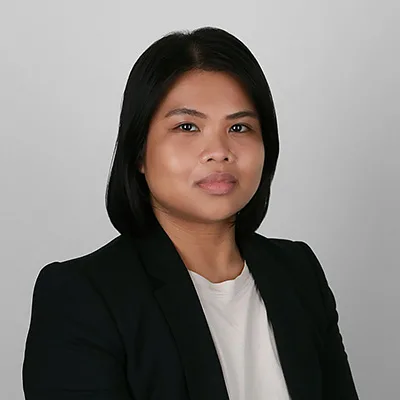



Mary Lai Salvaña joins the Department of Statistics as an assistant professor. Prior to joining UConn, she was a postdoctoral fellow at the University of Houston. She received her doctoral degree at the King Abdullah University of Science and Technology. Salvaña’s research interests include extreme events, risks, disasters, space-time statistics, high-dimensional and multivariate statistics, high performance computing, big data, machine learning, deep learning, artificial intelligence, and environmental data science. Her mission is to understand the dynamics of the climate system using statistics and to communicate its laws through statistical models.
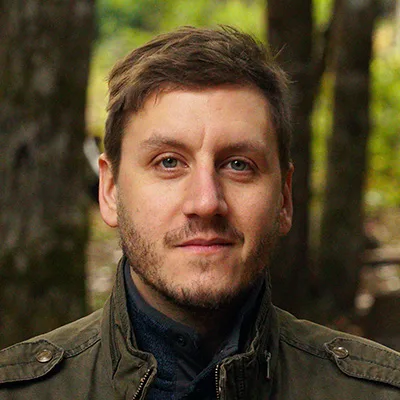



Bruno Seraphin joins the Department of Anthropology as an assistant professor. He earned a doctoral degree in sociocultural anthropology and a graduate minor in American Indian and Indigenous studies from Cornell University. His research and teaching focus on environmental and climate justice in the U.S. west, imperialism and militarism, and film methodologies. Seraphin’s book-in-progress examines the politics of wildfire and prescribed burning in Karuk aboriginal territory, northern California, in the unsettled colonial present. He has been working with Karuk communities as a collaborative researcher and filmmaker. Seraphin is a settler scholar of mixed eastern and central European ancestry, born and raised on occupied Nipmuc Territory in eastern Massachusetts.
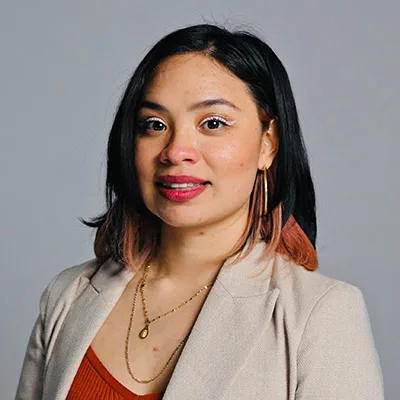



Lorena Solis joins the Department of Psychological Sciences as an assistant professor. Concentrating on industrial-organizational and Latinx psychology, her research interest is in diversity, equity, and inclusion (DEI), with a specific focus on understanding how inequality manifest in hiring, retention, and career advancement practices for historically marginalized groups. Solis completed her doctoral degree at the University of Calgary. She also attended the City University of New York public educational system, earning an associate degree from Borough of Manhattan Community College and a master’s degree from Brooklyn College. She received her bachelor’s degree from the State University of New York, Buffalo State College.
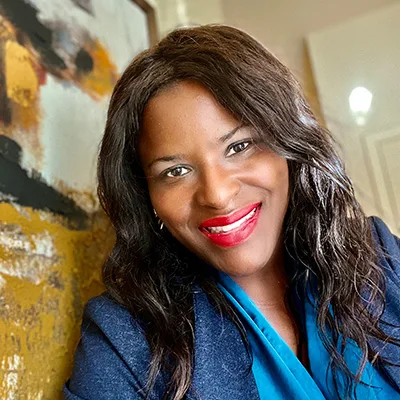



Raja Staggers-Hakim joins the Department of Sociology as an assistant professor. Her scholarship focuses on the intersections of race, racism, oppression, and health. Staggers-Hakim examines the impacts of social stratification and inequality, environmental injustice, and police brutality on health outcomes in racial ethnic, low income, and marginalized populations. Her research has considered state sanctioned and community violence on health outcomes in African American/Black and Latino communities. Currently, her scholarship assesses the exposure to racism on health behaviors and coping strategies in African Americans. Her book, “Profiled Life: A Systems Approach to Understanding the Foundations and Persistence of Racism in America,” considers outcomes experienced by people of color, including mortality, morbidity, academic achievement, income and wealth, prison rates, and disease occurrences, through the lens of social systems.
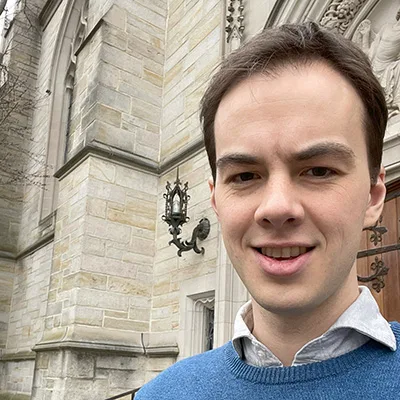



William Theiss joins the Department of History as an assistant professor. Originally from north of Chicago, he completed his doctoral degree in history at Princeton University. His research focusses on the history of the Holy Roman Empire, but his interests and teaching also include Italian history and culture, the ancient Mediterranean world, and literary studies from the Baroque period to the present.
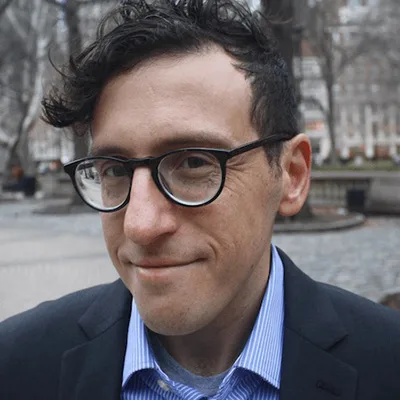



Stephen Vider joins the Department of History as an associate professor. His research interests focus on gender, sexuality, housing, and family. His first book, “The Queerness of Home,” traces the history of LGBTQ+ homemaking in the U.S., revealing how queer and trans people remade domestic ideals and practices from the 1940’s to the present. He has also led and contributed to a range of public history projects, including AIDS at Home, an exhibition he curated for the Museum of the City of New York. He was previously a faculty member at Cornell University, where he was the founding director of the Public History Initiative.
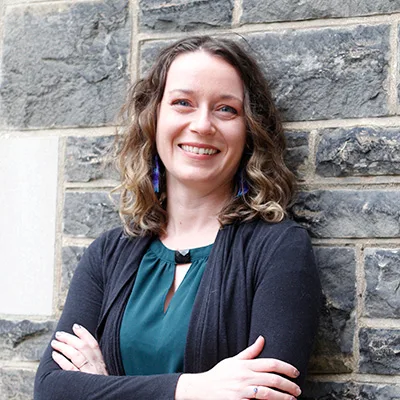



Sarah A. Williams joins the Department of Anthropology as an assistant professor. She is an applied medical anthropologist, birthworker, and scholar of global and Indigenous perinatal health. Williams’ scholarship is primarily focused on the relationship between racialization, medical racism, and reproductive health in Mexico and Canada. Her book project, titled “Always Already Vanishing: Midwifery’s Future(s), Indigeneity, and the Mexican State,” traces midwifery organizing, professionalization, and collaboration to protect traditional midwifery and counter obstetric violence and racism in Mexico. She is currently the co-investigator and qualitative research lead on the QueerCOVID-Toronto project, which examines the impact of the pandemic and public health policy on queer people’s mental and physical health.
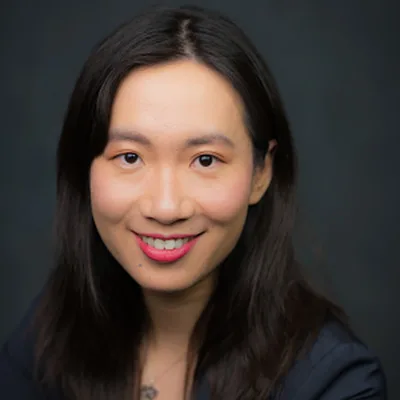



Ruodan Zhang joins the School of Public Policy as an assistant professor. Her primary research interests are nonprofit management, advocacy, and volunteerism. Zhang’s research explores why citizens participate and persist in public affairs and the corresponding roles of public and nonprofit organizations. She is currently working on projects that examine how public opinions and public policy affect the presence of nonprofit organizations in areas including climate change and digital inclusion. She is also interested in the effect of diversity-related practices on volunteer and board retention at the organizational level.

